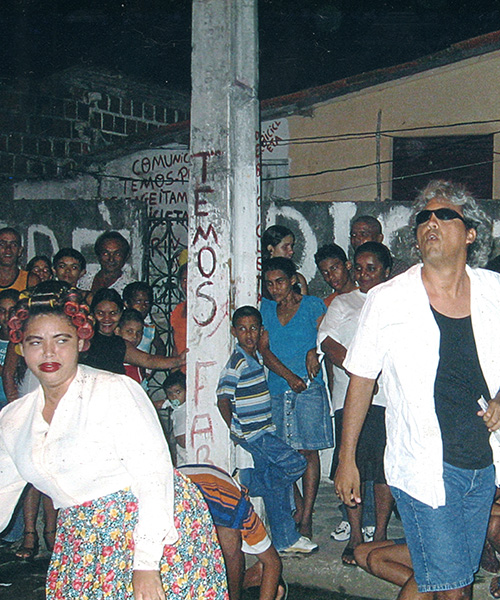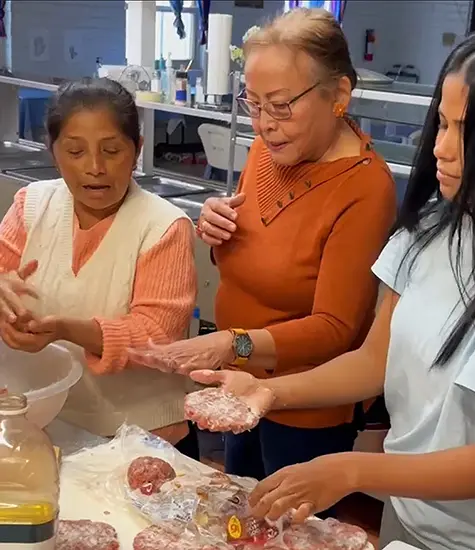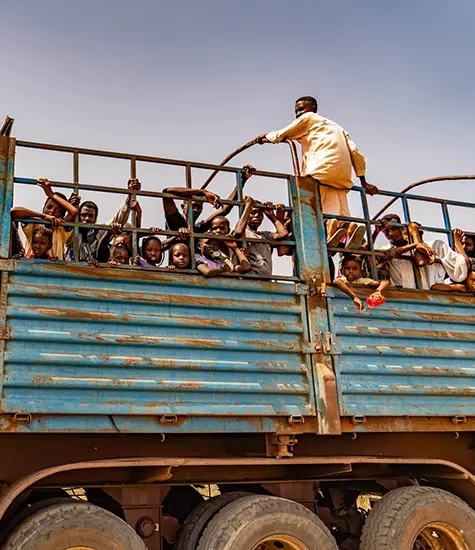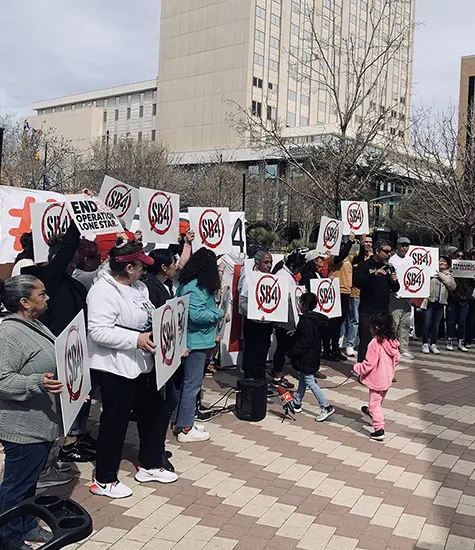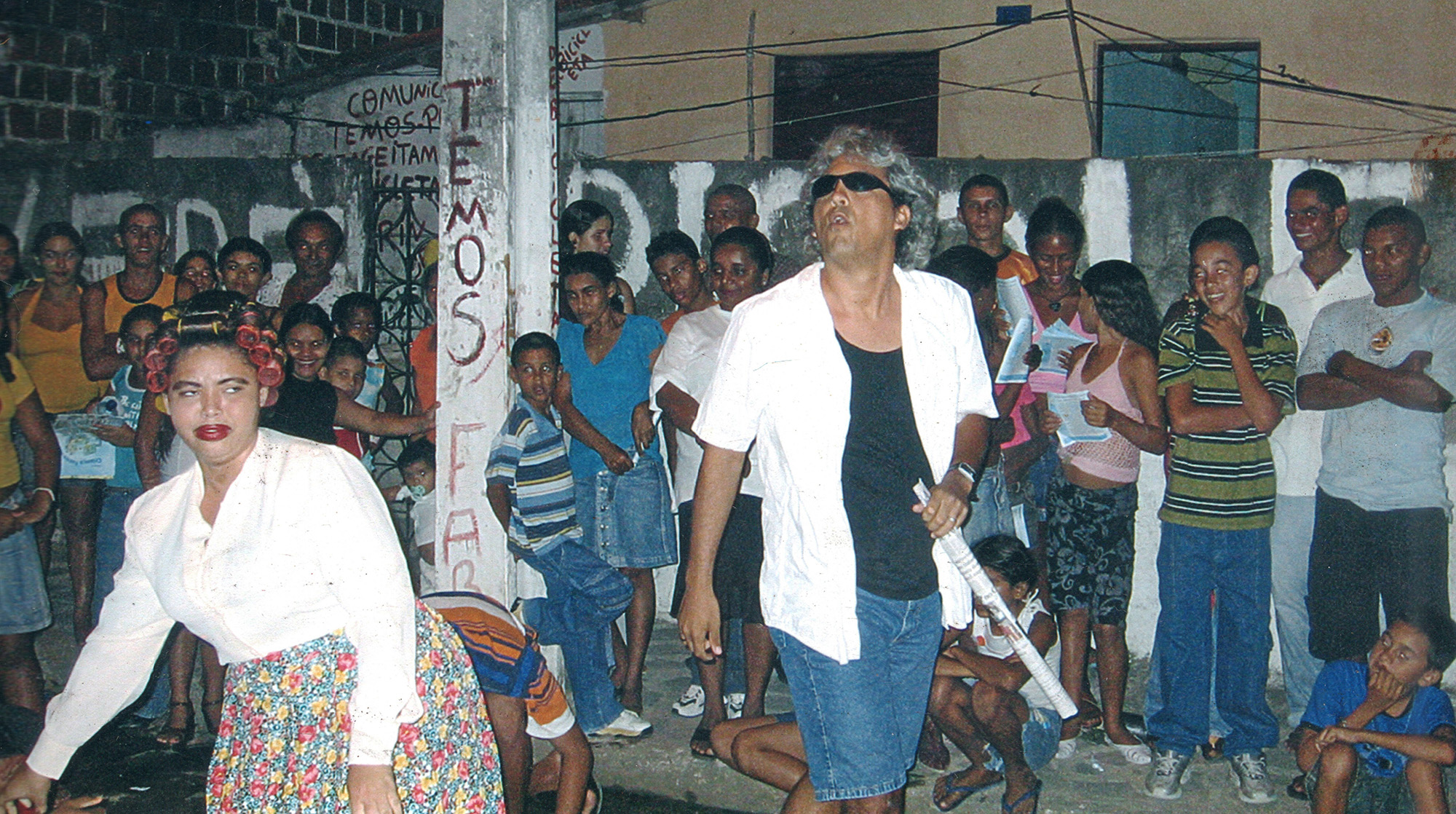
Flávio’s first Theater of the Oppressed play in 2005, performed at a Maryknoll parish in the Bayeux municipality outside João Pessoa, Brazil.
Some people are surprised when they hear that I employ theater as one of my ministries in Brazil. Although it is not my only ministry (I also work with holistic health and water conflicts), theater has been a great part of my mission work. My activities focus on organizing Theater of the Oppressed with different groups.
The Theater of the Oppressed methodology was created by Brazilian Augusto Boal in the early 1970s in São Paulo. It was a time of dictatorships in Brazil and many other Latin American countries, and Boal used theater to denounce political repression. Theater of the Oppressed is an umbrella term that includes various techniques such as Living Newspaper, Invisible Theater, Image Theater, Forum Theater, Rainbow of Desire and Legislative Theater.
During Theater of the Oppressed workshops, we use games and exercises to facilitate discussions about different issues related to situations of oppression, either on the individual level or in the communities. The games and exercises are also a way to deal with stress that participants have internalized. Theater can provide an effective way to educate people about issues connected to their daily lives in a very dynamic and fun way.
The Forum Theater methodology allows the audience to become part of the play by entering into the role of the person oppressed and offering non-violent solutions. It often creates magical moments when spectators move from passively assisting the play to actively participating as protagonists. The whole idea of the forum is not finding solutions but rather to make people realize that in their lives they can be actively looking for non-violent ways to solve a problem. The methodology also opens a space for debate using theater as an educational tool.
My first Theater of the Oppressed group was in a parish run by Maryknoll Father Frank Higdon in the periphery of the city of João Pessoa. There I met José (not his real name) when he became a participant of that group. José was probably 20 years old and very active in the parish. We performed a play on domestic violence, and he played the violent husband role.
He seemed to be a nice person and never missed a rehearsal. He loved participating in the public presentations. In fact, he was one of the most disciplined in the group. A few months after I met him, he started dating a young woman from the same neighborhood, and she soon got pregnant. He had to stop coming to theater because now the priority was to work to sustain his new family.
A couple years later, I moved with my family to do mission in São Paulo for the following nine years. During the years that I lived there, I went back to João Pessoa every year to visit my family, but never visited Jose´s neighborhood.
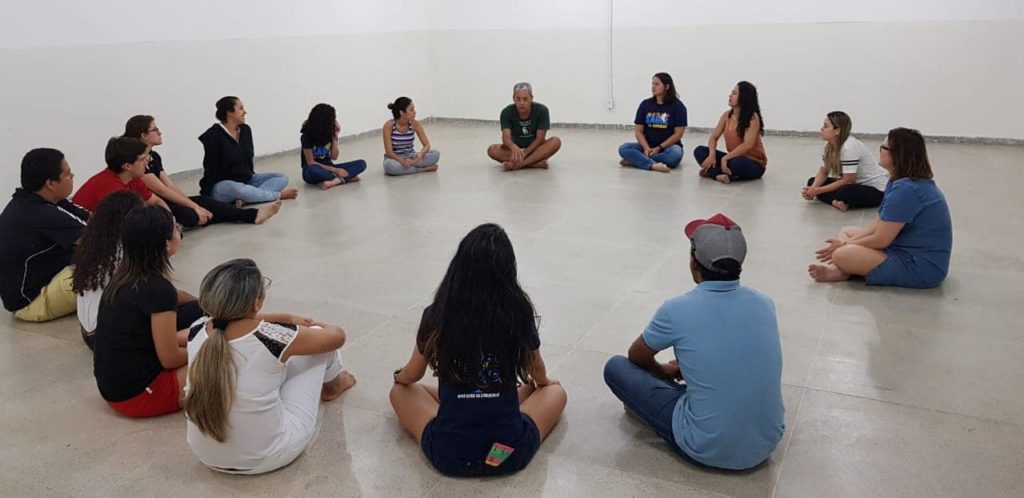
Flávio teaching a Theater of the Oppressed class in João Pessoa in December 2019
Last year we were assigned back to João Pessoa, and I am now giving Theater of the Oppressed workshops again. I decided to visit the neighborhood to see how they are doing and invite them to one of my theater workshops. I found out that José had separated from his wife.
He told me that after that happened, he left the church and moved in with some friends. Drinking became an everyday routine, and the house attracted a lot of young people from the neighborhood who wanted to party with them. One day he was so drunk that he suffered an accident and spent some days in the hospital.
During this time, he reflected on the direction of his life. After leaving the hospital, he moved to his parents’ home, stopped drinking and got a job. He now is married to another woman and has two kids, but he did not lose contact with his child from the first marriage. He also started college and is studying to be an accountant.
However, what made me very happy is that he is once again involved in theater. He now organizes the Holy Week Passion play in the parish, and he told me that he uses much of what he learned in the time that he was in my group.
José’s journey reminded me of the prodigal son, and I am happy that he has found his way back.
For more on Flavio’s work with Theater of the Oppressed, check out this 2005 Voices of Our World interview with him, titled “Eradicating Oppression: The Art of Empowerment”

